Java Full Stack Developer Interview Questions And Answers
4.9 out of 5 based on 9874 votesLast updated on 3rd Apr 2024 19.8K Views
- Bookmark

Explore essential Java Full Stack Developer interview questions and expert answers to ace your next job interview. Get prepared now!

Introduction
Are you thinking about becoming a Java Full Stack Developer? It's a fancy way of saying you'll work on both the parts you see on websites and the parts that work behind the scenes. But before you dive in, you'll need to learn a few things. Landing your first job as a Full Stack Java Developer Course is a big deal, and to help you out, we've put together a list of 30 simple questions for beginners.
Top Java Full Stack Developer Interview Questions With Answers
1. What's Java Full Stack Development?
Java Full Stack Development is making web apps using both the stuff you see on the screen and the stuff that runs in the background, with Java as the main language.
2. Can you explain the difference between front-end and back-end development?
Front-end work is all about what users see and interact with, like buttons and menus. Back-end work is about making sure everything works smoothly behind the scenes, like saving data and managing users.
3. What do you need to build a typical web app?
You'll need three main things: something for the front end (like React or Angular), something for the backend (like Spring Boot), and a place to store data (like MySQL).
4. What's the Java Virtual Machine (JVM), and why is it important?
The JVM is like a translator for Java. It helps Java programs run on different types of computers. It's super important for running Java apps.
5. What's a servlet, and why is it used in Java web development?
A servlet is a special kind of Java program that helps servers do their job better. It's often used to handle requests and responses on websites.
6. What is the Model-View-Controller (MVC) pattern?
MVC is like a blueprint that helps organize how an app works. It splits the app into three parts:
- Model (which is like the app's memory),
- View (which is what the user sees and interacts with),
- Controller (which handles user actions and updates the model and view accordingly).
7. What's the Spring Framework, and why is it useful for Java?
Spring Framework is a toolkit for making Java apps. It makes Java coding easier by offering helpful features like putting together different parts of the app, handling repetitive tasks, and making the app easier to maintain.
8. What are RESTful web services, and why are they important in Java?
RESTful web services are a way to make web apps communicate with each other using simple internet rules. They're crucial for making modern web apps in Java because they keep things simple and flexible.
9. What's Hibernate, and how does it help with databases in Java?
Hibernate is like a translator between Java and databases. It makes it simpler to save and get data from a database by connecting Java objects with database tables.
10. Can you explain what dependency injection means in Spring?
Dependency injection is like getting help from Spring to manage the parts of your app that rely on each other. It makes it easier to swap out parts or test the app because everything isn't stuck together too tightly.
11. What's a singleton pattern, and why does it matter in Java?
The singleton pattern is like a rule that says a class can only have one instance. It's handy for things like managing important stuff (like connections to databases) efficiently.
12. What's the difference between GET and POST in web stuff?
GET is for getting data from the server, like reading an article. POST is for sending data to the server, like submitting a form or uploading a file.
13. What's SQL injection, and how can we stop it in Java?
SQL injection is a sneaky way hackers try to mess with databases by tricking them into running bad code. We can stop it by being careful with user inputs and using special techniques to handle them safely.
14. Why do we need a web container in Java apps?
A web container is like a traffic cop for web stuff in Java. It helps manage the parts of a web app to make sure everything runs smoothly.
15. What's a session in web apps, and how do we handle it in Java?
A session is like a memory card for a user's visit to a website. In Java, we can use cookies or special codes in the URL to keep track of this memory card.
Also Read These Posts:
Java Full Stack Developer Course Syllabus
Why JavaScript Frameworks Are Used
Interview Questions on MEAN Stack
16. What's the difference between forward and sendRedirect in Java web stuff?
Forward is like passing a baton to another runner in the same race. SendRedirect is like telling someone to go to a different race altogether.
17. What's @RequestMapping in Spring MVC?
@RequestMapping is like giving directions to someone lost in a maze. It helps Spring know which part of the code to run when someone asks for a certain thing on a website.
18. What's a RESTful API endpoint, and how do we write it?
A RESTful API endpoint is like a street address for getting or doing something on the internet. It's usually a simple format like /something/{id}.
19. What's CORS, and why does it matter for websites?
CORS is like a bouncer at a club, deciding who gets in and who doesn't. It helps keep websites safe by controlling where data can come from.
20. What's the deal with the web.xml file in Java web stuff?
The web.xml file is like a recipe book for a Java web app. It tells the app how to handle different parts, like what to do when someone asks for a certain page.
21. What are microservices, and why are they good?
Microservices are like building blocks for apps, but small and independent. They help make apps easier to grow, fix, and change.
22. What's Docker, and why do developers like it?
Docker is like a magic box that holds everything an app needs to work. It helps developers package apps neatly and send them off to run easily and smoothly.
23. What's Git, and why do programmers use it?
Git is like a time machine for code. It helps programmers keep track of changes they make to their code over time and work together with other programmers without stepping on each other's toes.
24. How does Maven help with Java projects?
Maven is like a helper that makes sure Java projects have everything they need to work. It helps manage all the little pieces of code that projects depend on.
25. What's JUnit, and why is it useful for Java?
JUnit is like a superhero for testing Java code. It helps make sure each piece of code works just like it's supposed to.
26. What is continuous integration (CI) and continuous delivery (CD)?
CI is like always keeping your room clean by tidying up a bit every day. The CD is like making sure your freshly baked cake gets to the party still warm and ready to eat.
27. What's Spring Boot, and why do developers love it?
Spring Boot is like a super-fast car that gets you where you want to go without a fuss. It helps developers build apps quickly and easily without getting bogged down in details.
28. What are the SOLID principles in Java?
SOLID is like a checklist for writing good code. It helps keep code neat by following five simple rules.
29. What's @Autowired in Spring?
@Autowired is like having a personal assistant who always knows what you need before you even ask for it. It helps Spring apps find and use the right pieces of code without any hassle.
30. How do you keep a Java website safe from bad guys?
Keep a Java website safe by using special locks and guards to make sure only the right people can get in and nothing bad happens to the information inside.
Conclusion
In this blog, we have listed some popular Java Full Stack Developer Interview Questions that are usually asked by IT aspirants. To get updates on more such databases, connect with our expert team at Croma Campus today and get hired by top industries worldwide.
We wish you all the best!
Subscribe For Free Demo
Free Demo for Corporate & Online Trainings.

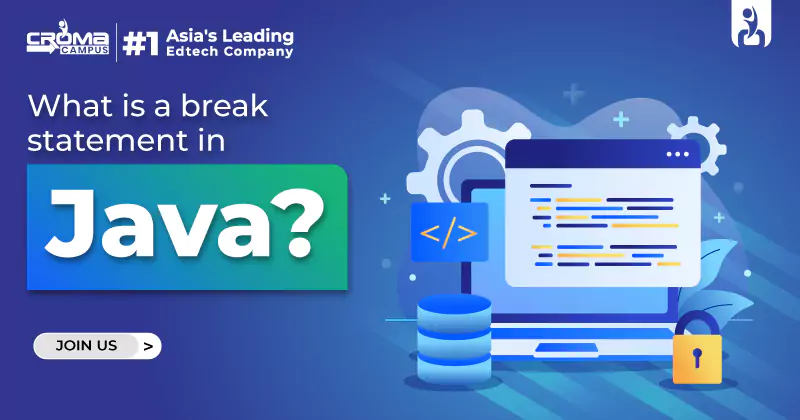
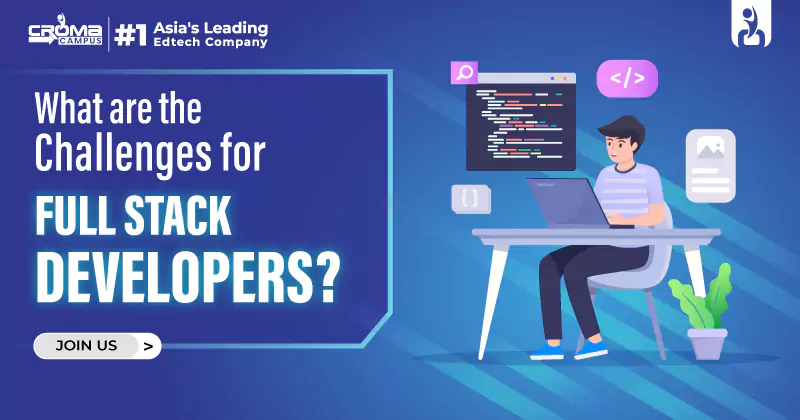
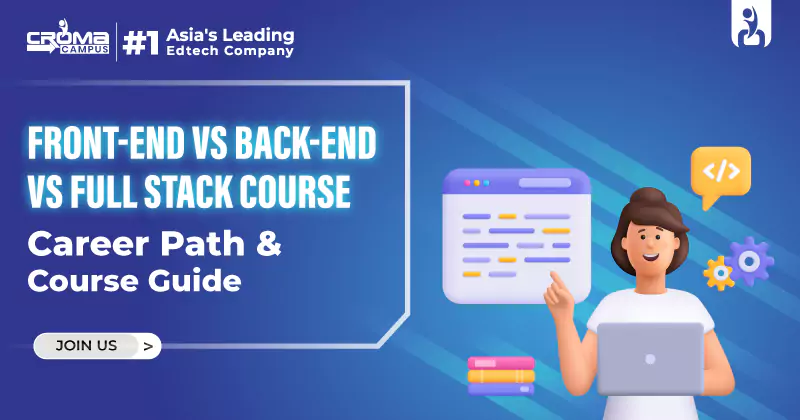

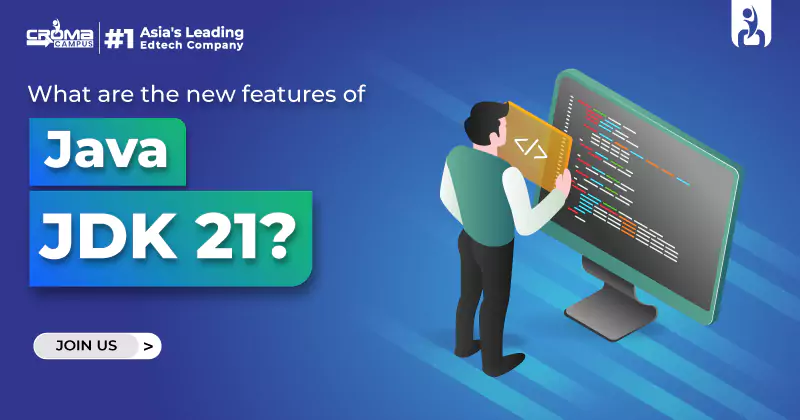


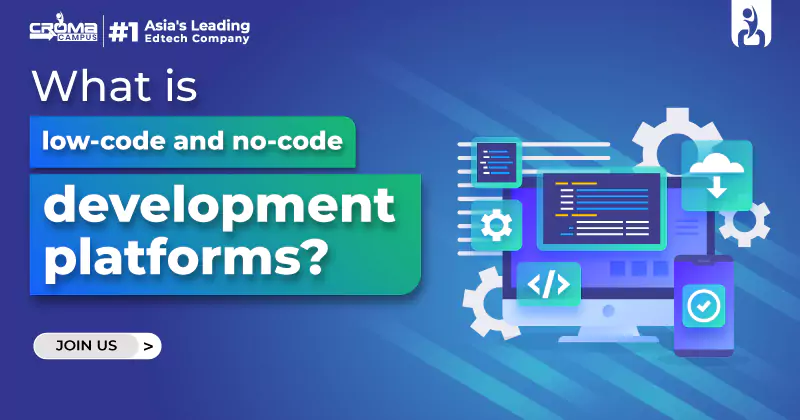
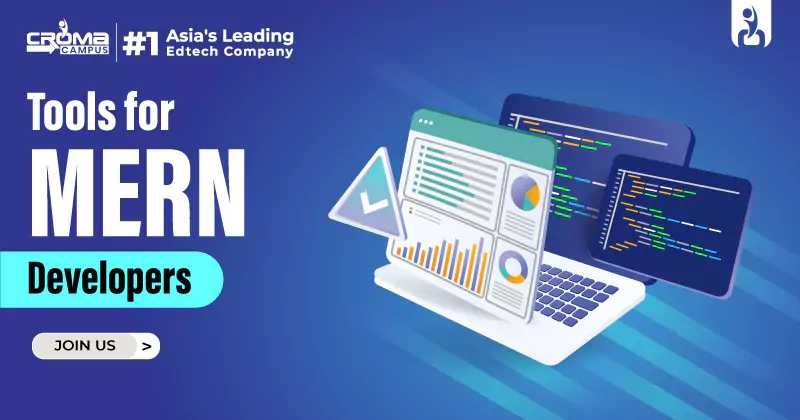
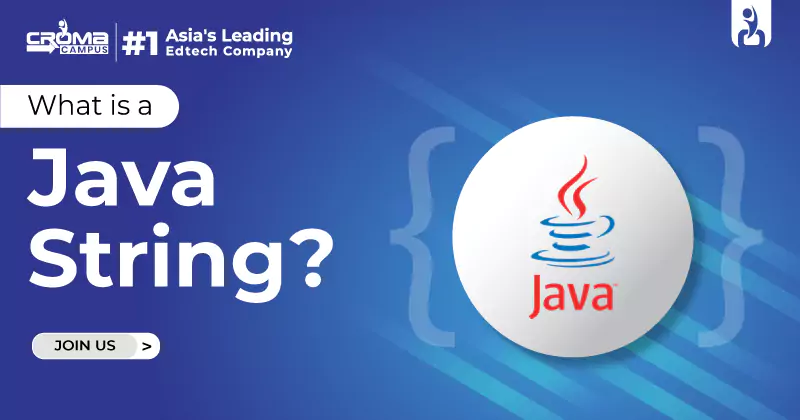
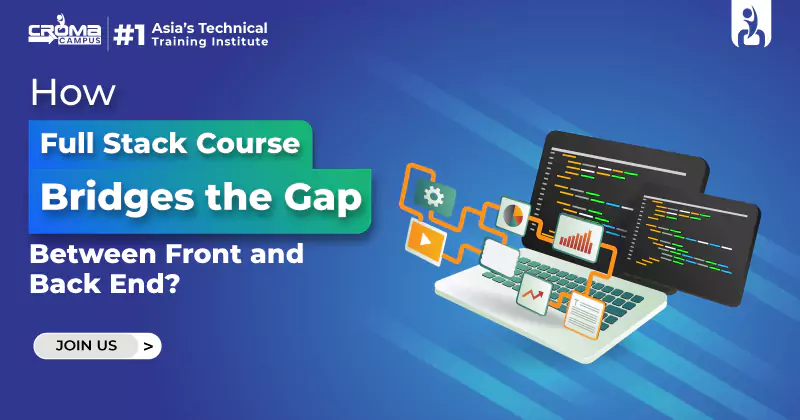













.webp)
.webp)

.png)















